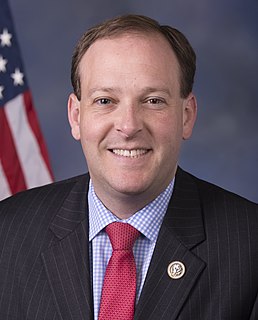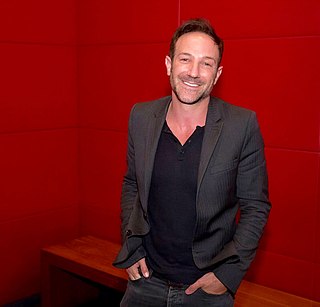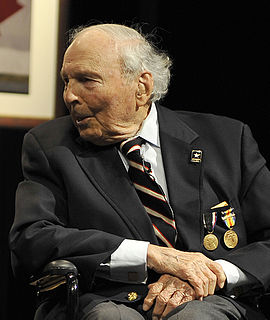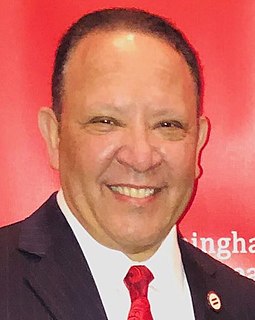A Quote by Lee Zeldin
Few professions are given as much power as we entrust to those who wear the uniform of a police officer. These individuals dedicate themselves to a calling in which threats that can materialize in an instant are part of the job description.
Related Quotes
I never had a problem with genre because a genre actually is like a uniform - you put yourself into a certain uniform. But if you dress up in a police officer's uniform, it doesn't mean that you are an officer; it can mean something else. But this is the starting point, and the best way is to not to fit into this uniform but to make this uniform a part of yourself.
I have a former Baltimore City police officer's uniform and his robe and hood. He was the grand dragon, which means state leader. His day job, what paid his bills, he was a Baltimore City police officer, not an undercover officer in the Klan gathering intelligence, but a bona fide Klansmen on the Baltimore City police force.
The duties which a police officer owes to the state are of a most exacting nature. No one is compelled to choose the profession ofa police officer, but having chosen it, everyone is obliged to live up to the standard of its requirements. To join in that high enterprise means the surrender of much individual freedom.
It is self-evident that no number of men, by conspiring, and calling themselves a government, can acquire any rights whatever over other men, or other men's property, which they had not before, as individuals. And whenever any number of men, calling themselves a government, do anything to another man, or to his property, which they had no right to do as individuals, they thereby declare themselves trespassers, robbers, or murderers, according to the nature of their acts.
There were a number of reasons I decided to join the New York City Police Department back in 1984. I felt a calling to protect and serve my neighbors, and I wanted to reform negative departmental practices from within. On top of those factors, becoming a police officer gave me a pathway to the middle class.
Let's say you are driving in the U.K., and you are pulled over by the police for speeding, and you try to bribe the police officer with £300 to walk away. I guarantee you that at least 99 times out of 100 you are going end up in handcuffs, and you will be charged with the crime of trying to bribe a police officer.
The individuals inside are frequently fighting that their individual voices be heard, while the walls of the place, which are the mask, and the perception, are reluctant to give over to the voices of the individuals. Those in the margins are always trying to get to the center, and those at the center, frequently in the name of tradition, are trying to keep the margins at a distance. Part of the identity of a place is the tension between those in the margins, and those in the center, and they all live behind the walls which wear the tradition.
































